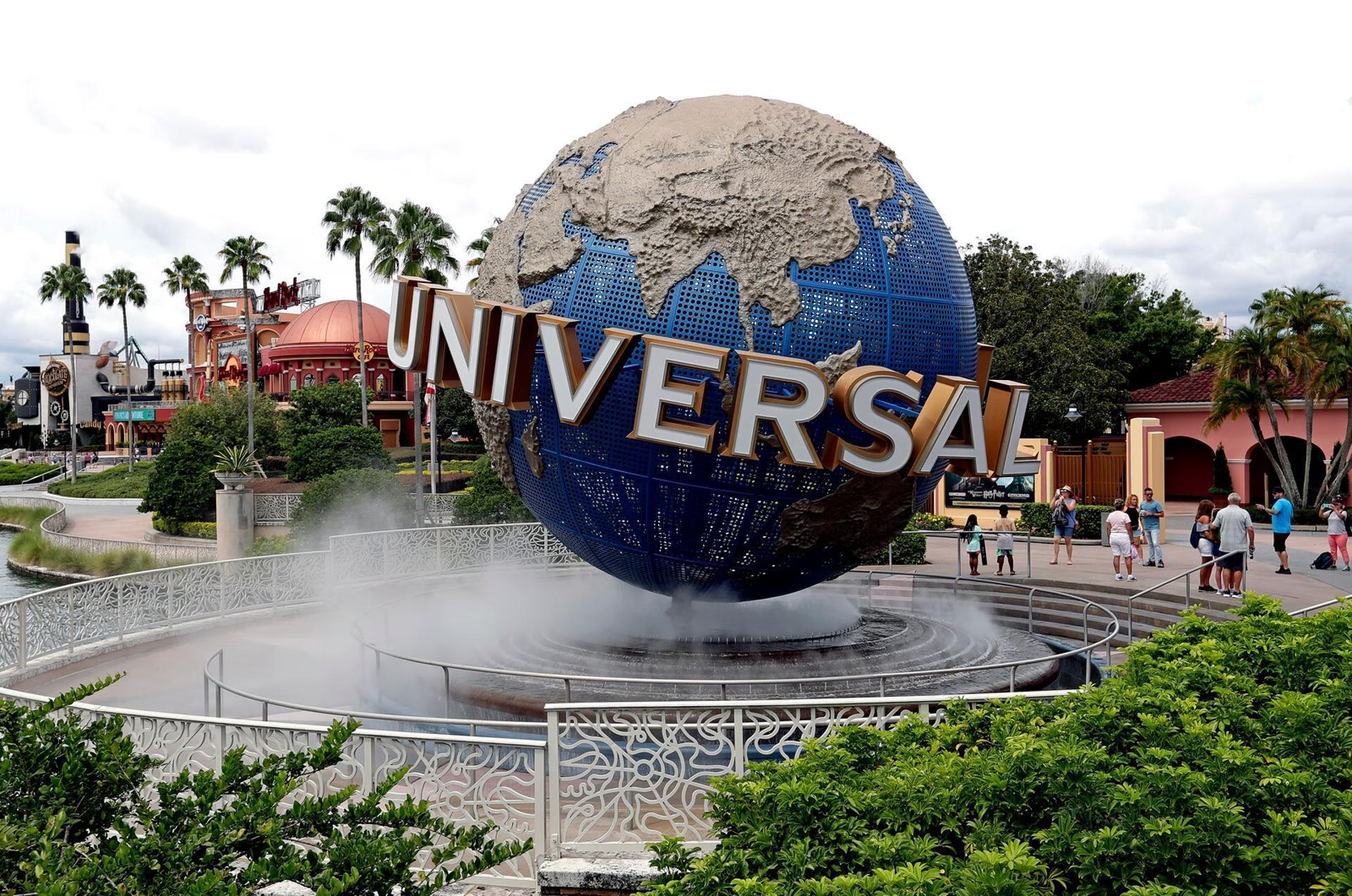London braces for protests against G20
Bloomberg
Mark Barrett, a professional tour guide, spent last Saturday painting Barack Obama’s election catchphrase "Yes we can" on a banner that protesters will carry as they try to occupy London’s financial district April 1.Barrett is helping organize a protest outside the Bank of England, one of several called to express anger against banks and bankers and mark the arrival in London of leaders of the Group of 20 nations - including Obama.
"We want a very English revolution," he says from a caf near his home in north London. "The first English revolution in 1649 was about winning sovereignty for parliament over the king." Now, protesters are campaigning for sovereignty for everyone.
"There are a lot of hacked-off people," said Mike Bowron, commander of the City of London Police. "There’s potential for disruption and certain individual groups see violence as their raison d’etre."
The crisis has raised unemployment to more than 2 million in the U.K., with more people joining jobless rolls last month than at any time since 1971. There is growing anger at the 40 billion pounds ($58 billion) the government has injected into banks while insuring 585 billion pounds more in risky assets.
Class War, an anarchist newspaper, has produced a special edition to promote the protest with an image of former Royal Bank of Scotland Group CEO Fred Goodwin, whose house was vandalized this week, on a guillotine under the headline "Ready to Riot." Another shows people dancing around a fire with the slogan "How to keep warm in the credit crunch - Burn a Banker!" Public anger erupted at Goodwin’s 703,000 pounds annual pension after RBS was bailed out by the government.
Beheading of Charles I
The English Revolution culminated with the beheading of Charles I in 1649, ending the so-called divine right of kings. Today’s protesters say they draw inspiration from that radicalism.
Four marches will converge on the Bank of England at midday on April 1 for a protest the organizers call "Financial Fools Day." At the same time, there are plans for a blockade of the European Climate Exchange, in Bishopsgate, to protest against the market in carbon emissions.
"There’s an avowed intention on their behalf on the 1st of April to stop the City either by just clogging up the roads and preventing people getting into work or, if they’re allowed to, getting into some of those institutions," said Commander Bob Broadhurst of the Metropolitan Police, who is in charge of the policing operation.
"What we’re seeing is unprecedented planning amongst protest groups," he told reporters on March 21. "There are some clever, innovative people with lots of ideas."
Police, who are detailed to provide security for the world leaders attending the April 2 G20 summit at the Excel Conference Centre in east London, will also have to deal with a labor union-organized protest march to Hyde Park Saturday, demonstrations at the conference center itself and an anti-war march on the U.S. Embassy.
Around 10,500 officers will be available during the week and policing costs will be 7.2 million pounds.
















